Publix Will No Longer Let Shoppers Do This, Starting June 1
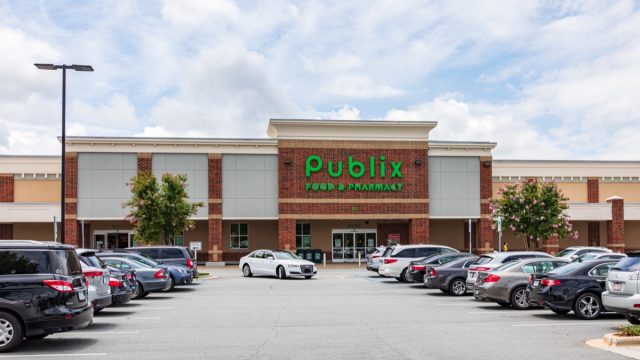
Publix might be a regional grocer, but its reach is quite mighty: The supermarket chain has more than 1,000 store locations spread throughout Southeastern states like Florida, Tennessee, and Virginia, and more than 82 percent of the shoppers who visit its stores are repeat-buyers, according to Numerator. That means the retailer must be doing something right. But Publix could experience some backlash from these loyal shoppers soon because of a recent decision made by the company. The grocer just announced that it is ending one of its longest standing services starting June 1. Read on to find out what Publix will no longer let you do in two months.
RELATED: Publix Is Pulling This Popular Product From Shelves, Effective Immediately.
Publix is ending its free prescription medication program soon.
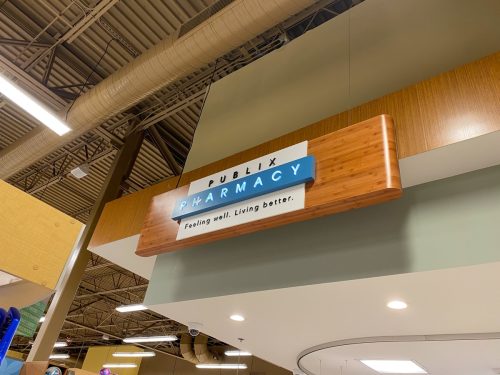
Publix recently confirmed that it will end its free prescription medication program on June 1, West Orlando News reported. This means that customers will no longer be able to get certain prescription medications filled for no cost at the grocer’s pharmacies. And this might be a hit to many shoppers, as the program has been around for 15 years.
“Publix debuted our free prescription program in 2007, and to date we have dispensed well over 100 million free prescriptions. We consistently evaluate our programs and services to ensure they are meeting the intended purpose and evolve over time,” a spokesperson for the company said in a statement to News 6 in Orlando, Florida.
The company offered various generic medications at no cost under this program.
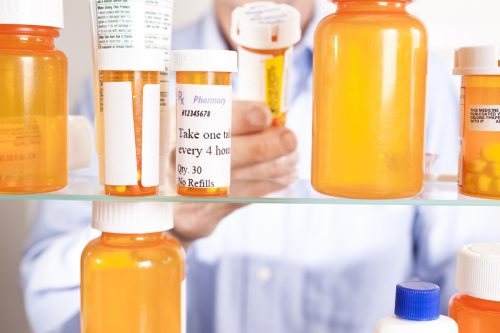
With this soon-to-be-eliminated program, Publix distributed several different generic prescription medications to customers for free. This included 14-day supplies of generic antibiotics such as amoxicillin, ampicillin, SMZ-TMP, and penicillin, as well as 90-day supplies of generic hypertension and diabetes medications such as amlodipine, metformin, and lisinopril, according to Supermarket News.
Shoppers only needed to provide pharmacists with a prescription for medications covered by the program to get them at no cost. And per Supermarket News, there was no limit on the number of free prescriptions and that they were provided at no charge, regardless of what a customer’s insurance coverage was.
“We are proud to provide a service that helps our customers afford their medications. As the cost of health care continues to rise, this program has become even more important to our customers and our communities,” Dain Rusk, vice president of pharmacy at Publix, said in a statement in 2020, after the company had filled its 100 million prescription under the program.
RELATED: For more retail news delivered straight to your inbox, sign up for our daily newsletter.
These medications will still be available to buy at Publix pharmacies after June.
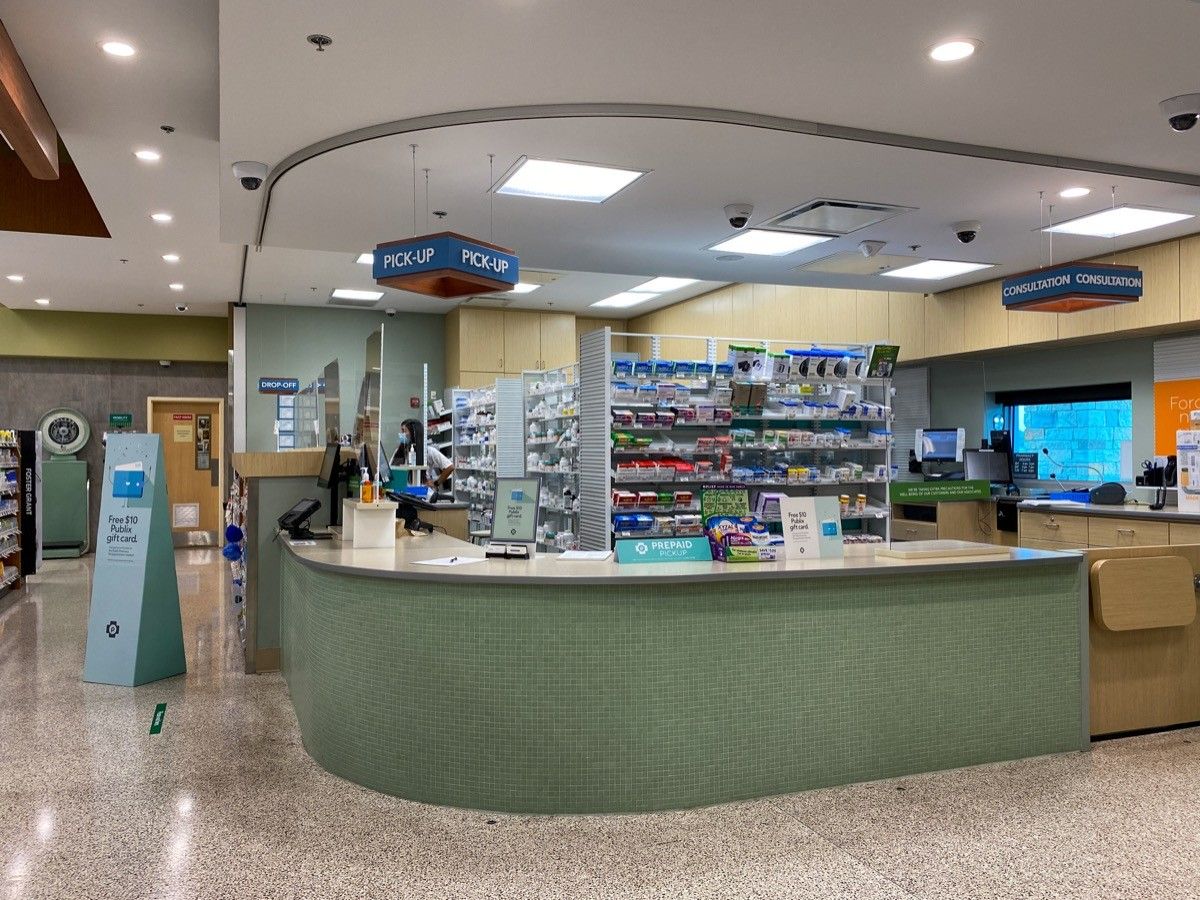
Publix isn’t removing these medications from its pharmacies altogether. Instead, antibiotics like amoxicillin will be available for customers to buy at $7.50 for a 14-day supply and maintenance medications for diabetes and high blood pressure will be available at $7.50 for a 90-day supply, according to News 6.
“While we are no longer offering medications for free, many will still be available at Publix Pharmacy at little to no out-of-pocket cost with most insurance plans,” the company said on a flier it is distributing to customers, per West Orlando News. The news outlet added that Publix is encouraging its customers to ask their local pharmacists any questions about the program ending and how it will affect their medication costs.
There are similar medication programs still offered at other stores.
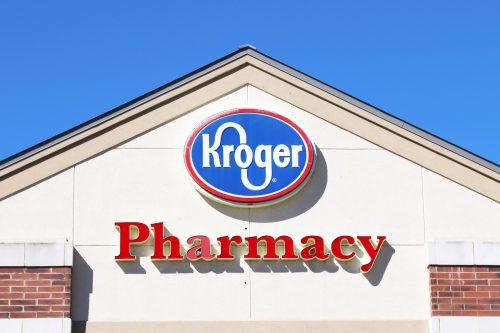
If you relied on Publix for your free prescription medication, you might benefit from checking your options at other stores. According to VeryWell Health, there are at least 12 national or regional programs that offer shoppers a selection of discounted or free medications at various pharmacies. This most similar to Publix’s is Meijer Stores and ShopRite Stores, which both operate a free prescription program for certain medications, like low-cost antibiotics, prenatal vitamins, and diabetes medications. Nationwide, both Kroger and Costco stores offer prescription medications at extremely low prices, according to VeryWell Health.
RELATED: Walgreens Shoppers Are Outraged About This Major Change to Stores.